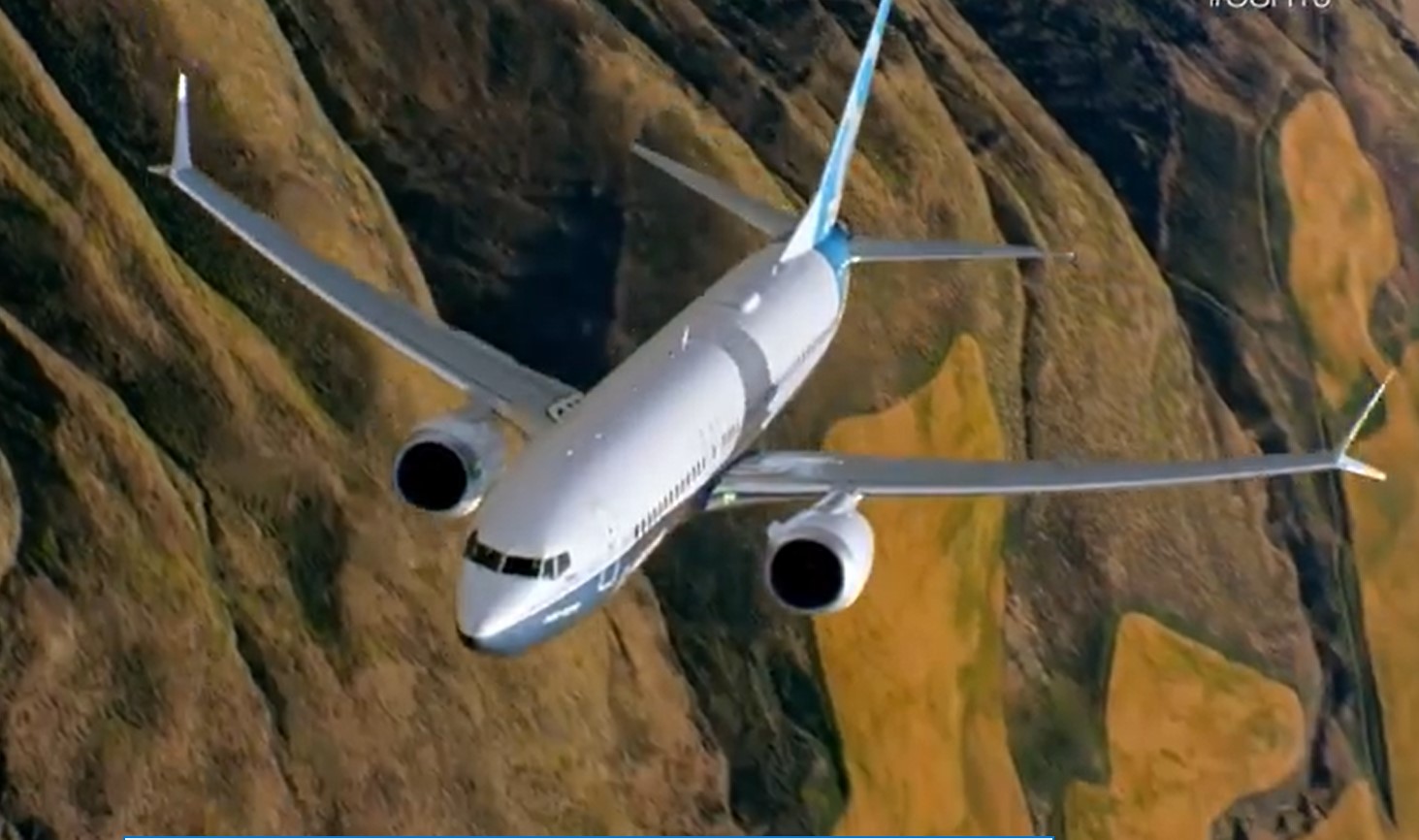Bouquets and brickbats for Boeing special committee report
20 January, 2020
4 min read
By joining our newsletter, you agree to our Privacy Policy


The US Federal Aviation Administration has welcomed a special committee report endorsing the certification of the Boeing 737 MAX that has left some lawmakers unimpressed and raised the ire of victims' families.
The five-member committee co-chaired by former airline pilot and union leader Captain Lee Moak and General Darren McGrew was set up by Transportation Secretary Elaine Chao to review the FAA’s certification procedures for the MAX 8.
Chao commissioned the review after Boeing 737 MAX crashes in Indonesia and Ethiopia killed 346 people and led the grounding of the global MAX fleet.
READ: Former Defence Minister to head Oceania operations for Boeing
The report said the committee worked on a collaborative rather than an investigatory basis to form its conclusions with a mandate to collect and analyze information rather than find fault.
It found the FAA’s overall certification system was “rigorous, robust and overseen by engineers, inspectors, test pilots and managers committed to the primacy of safety”.
But it also found areas that could be improved and proposed a series of reforms, including better use of data and safety management systems, better integration of human factors, enhanced coordination and communication, and the harmonization of global standards.
“The Committee concluded that some of the decades-old industry assumptions used in the certification of aircraft are no longer valid when applied to today’s rapidly evolving, global aviation environment,’’ it said.
On the five-year certification of the 737 MAX 8, including those areas managed by Boeing under its Organization Designation Authorization (ODA), the committee found the aircraft certification process was followed by both the company and agency.
“The FAA and Boeing developed a comprehensive certification plan used to scrutinize all areas of the 737 MAX 8 that were changed or affected by other changes,’’ it said.
“The Committee found that the FAA acted appropriately in determining its level of involvement for each element of the certification plan.”
However, there was an opportunity for improvement in areas such as assumptions made about pilot performance and training as well as with human factors assessments, risk assessments and communications between the FAA and Boeing.
FAA Administrator Steve Dickson said the agency welcomed and appreciated the special committee’s insights and recommendations.
“I was pleased to see that the committee recommended we advance the use of safety management systems throughout all sectors of the aviation industry,’’ he said.
“The agency will carefully consider the committee’s work, along with the recommendations identified in various investigative reports and other analyses, as we take steps to enhance our aircraft certification processes.”
But the family of Ethiopian Airlines victim Joseph Wathaika described the report “as an extremely appalling and disappointing attempt to defend a flawed system’.
"It's a shock that there were minimal and feeble suggestions for change despite the magnitude of loss as a result of the current systems," Wathaika’s daughter told the BBC.
Michael Stumpo, whose daughter Samya was on the Ethiopian plane, told AP: “This report is written by pre-crash lobbyists defending the current certification system.’
Also unimpressed was the chair of the House Transportation and Infrastructure Committee, Peter DeFazio, who said that the committee’s investigation had already revealed “multiple junctures at which the current certification process failed”.
“I appreciate the special committee’s review of the certification process and I will take the recommendations into account as Congress considers changes,’ he said.
“But I want to be very clear: 346 people died because the system failed. Despite the wishes of industry, it would be the height of irresponsibility to leave the ODA system as is and just hope for the best the next time.
“Not addressing the failures head-on would be a grave mistake and that will not happen on my watch.”
The report came as a new software glitch uncovered on the MAX prompted speculation the plane's certification could be further delayed.
The problem was with a software power-up monitoring function that operates when the aircraft or system power-up.
The function verifies certain system monitors are operating correctly to ensure no latent fault is present in the system or function being monitored and signals the need for maintenance if there is.
One of the monitors did not initiate correctly at power up during a technical review. The review was towards the end of the formal development process and before the software package was finalized.
"We are making necessary updates and working with the FAA on submission of this change, and keeping our customers and suppliers informed,'' Boeing said in a statement.
"Our highest priority is ensuring the 737 MAX is safe and meets all regulatory requirements before it returns to service.”
Next Article
2 min read
Qantas triples profit but misses mark

Get the latest news and updates straight to your inbox
No spam, no hassle, no fuss, just airline news direct to you.
By joining our newsletter, you agree to our Privacy Policy
Find us on social media
Comments
No comments yet, be the first to write one.
